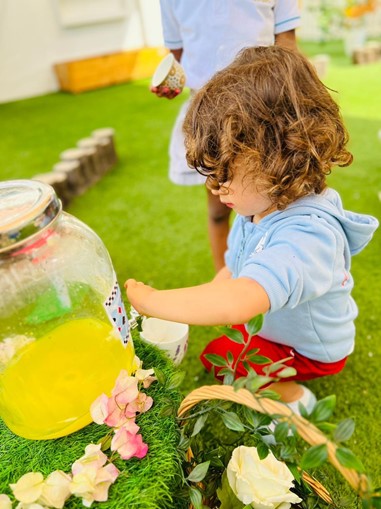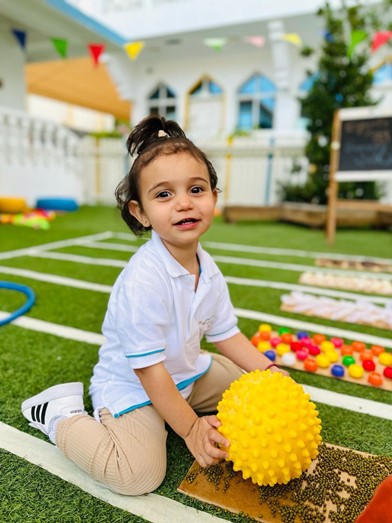Playtime is not just fun; it’s a fundamental part of a child’s development. For toddlers and preschoolers, play lays the groundwork for building social skills, shaping personality, and fostering emotional and cognitive growth. This article explores the benefits of playtime, its influence on child social skills development and the role of play in personality formation, offering practical tips and insights for parents.
Why Playtime Matters
Play is often called the “work of childhood” and for good reason. It provides opportunities for children to learn, grow and connect with others in ways that structured activities or passive entertainment cannot.
The Science Behind Play
Research shows that play is essential for brain development. It stimulates creativity, problem-solving skills and emotional resilience. According to child development experts, unstructured play enhances a child’s ability to navigate challenges and adapt to new situations, making it a cornerstone of early learning.
Benefits of Playtime
- Cognitive Growth: Activities like puzzles and building blocks develop problem-solving skills and spatial awareness.
- Emotional Development: Role-playing scenarios help children express emotions and understand empathy.
- Physical Health: Active play strengthens motor skills, coordination and overall physical fitness.
 How Play Shapes Personality
How Play Shapes Personality
The role of play in personality development cannot be overstated. Play provides a safe space for children to explore their individuality and build confidence.
Building Independence and Confidence
Through imaginative play, children experiment with roles and scenarios, learning to make decisions and assert their preferences. For example, a child pretending to be a chef or teacher gains confidence in their abilities to lead or create.
Fostering Resilience
When children face minor setbacks during play—like a tower of blocks toppling over—they learn to persevere and adapt. These experiences are foundational for building resilience and a positive outlook.
Encouraging Creativity
Creative play, such as drawing or storytelling, allows children to explore their unique ideas. This fosters a sense of identity and helps them express themselves, contributing to their personality growth.
The Impact of Play on Social Skills
Playtime is a powerful tool for child social skills development. It helps children navigate the complexities of human interaction, from sharing toys to resolving conflicts.
Cooperative Play and Peer Interaction
Group activities like playing tag or building a fort together teach children the importance of teamwork, negotiation and compromise. These interactions are critical for developing cooperative skills and fostering healthy relationships.
Imaginative Play and Empathy
When children engage in pretend play—such as playing house or caring for a doll—they practice understanding others’ feelings and perspectives. This nurtures empathy and emotional intelligence, essential for positive peer interaction.
Conflict Resolution
Play provides opportunities for children to encounter and resolve minor disputes. Whether it’s taking turns or deciding rules, these moments teach essential communication and problem-solving skills.
Types of Play to Encourage
Different types of play contribute uniquely to your child’s development. Incorporating a mix of activities can ensure a well-rounded experience.
Active Play
Encourage outdoor games and physical activities like running, climbing, or playing catch. These not only boost physical health but also enhance coordination and teamwork.
Imaginative Play
Provide costumes, props, or everyday household items to inspire pretend play. Activities like setting up a “store” or pretending to be explorers encourage creativity and social interaction.
Cooperative Play
Introduce board games, group crafts, or building projects that require teamwork. These activities teach patience, strategy and cooperation.
Educational Play
Puzzles, books and STEM toys stimulate cognitive development and problem-solving skills while keeping the experience enjoyable.
Bring Playtime to Life
Playtime is an investment in your child’s future personality, social skills and emotional well-being. Encourage your little one to explore new activities and try imaginative or cooperative games at home. For inspiration, check out Learn and Fun Nursery: Nurturing Young Minds Through Play and explore 5 Important Benefits of Role Play in Early Childhood.
What are your child’s favorite playtime activities? Share your experiences in the comments and help other parents discover new ideas!

Play is much more than entertainment—it’s a gateway to growth. By prioritizing meaningful play, you’re giving your child the tools they need to thrive socially, emotionally and intellectually. Let’s nurture the next generation through the power of play!









